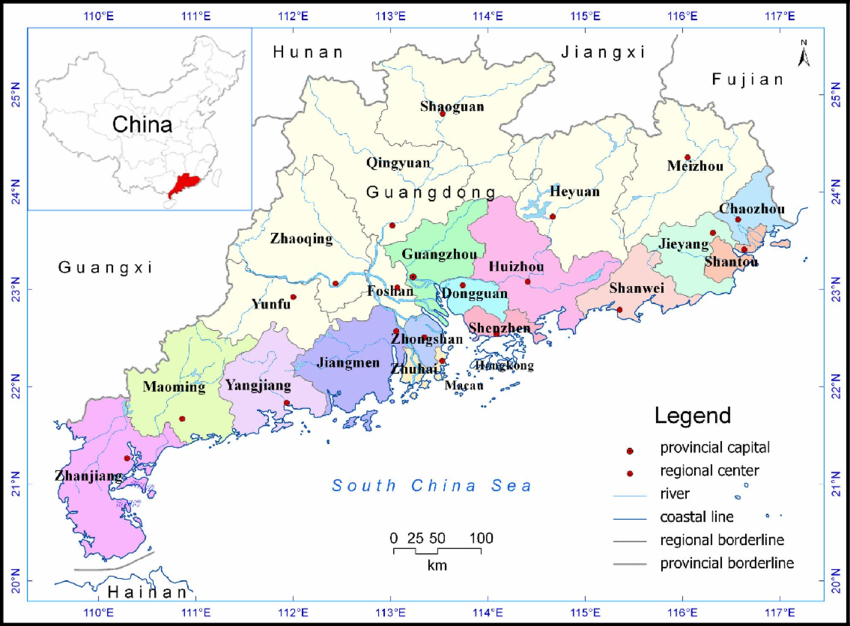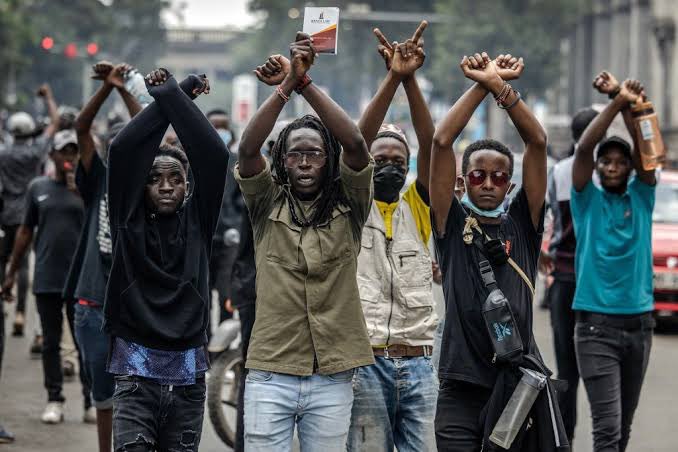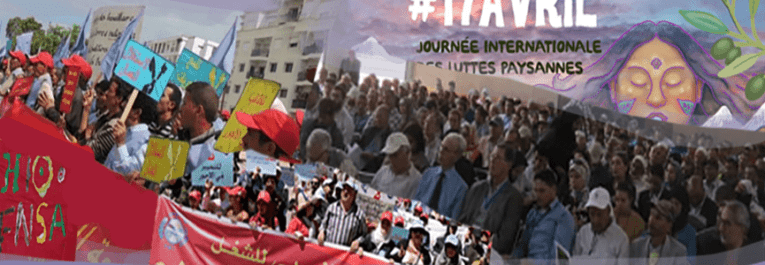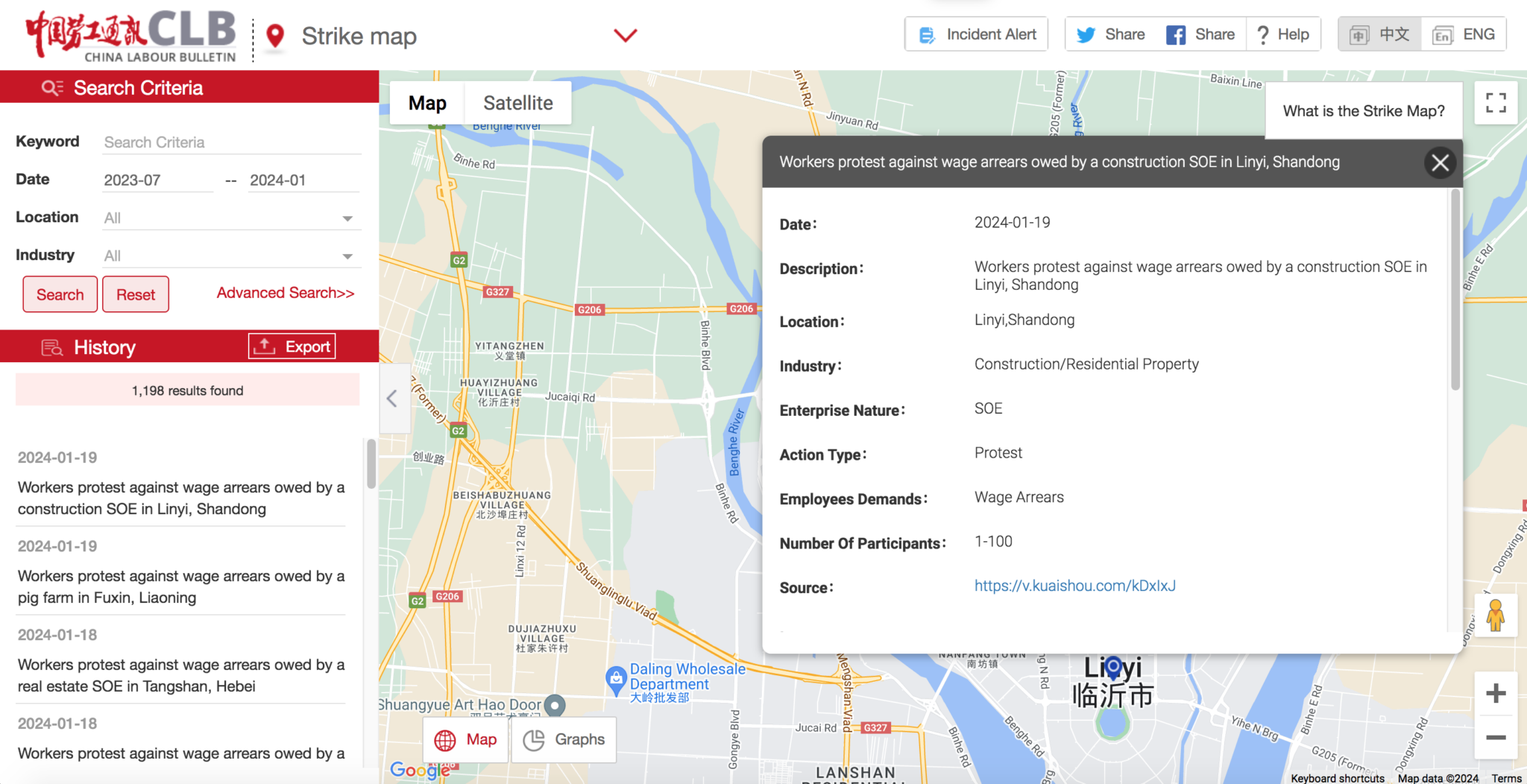
Israeli strikes hit aid convoy in Gaza
An Israeli air-strike hit a convoy carrying fuel and medical supplies to a hospital in Gaza, killing several employees of a transportation company associated with the US-based NGO American Near East Refugee Aid (Anera). Israel says it was attacking “armed assailants” who were trying to hijack the truck, but Anera said the only people killed worked for the transport company and they had confirmed their route as part of a “humanitarian deconfliction” program intended to stop hits on aid. The hit on the convoy, which eventually arrived at the Emirates Red Crescent Hospital in Rafah, came days after Israeli soldiers at a checkpoint shot at a vehicle marked as belonging to the World Food Program, which said it was pausing staff operations in Gaza until further notice. (Photo: Maan News Agency)













